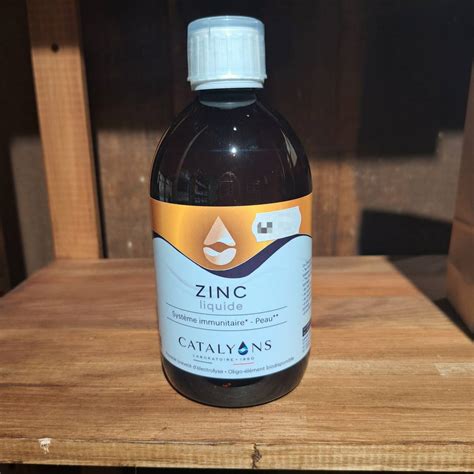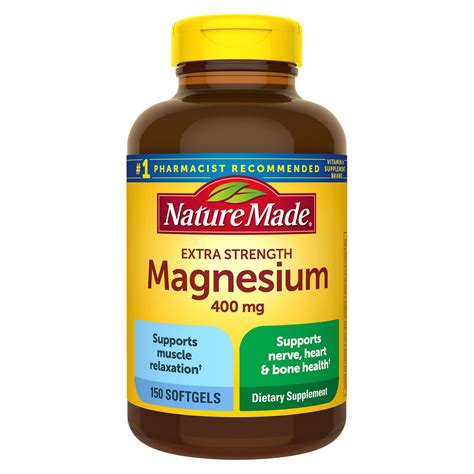What key micronutrients optimize men’s testosterone & energy for peak performance?

For men striving for peak physical and mental performance, optimizing testosterone levels and sustaining robust energy are paramount. While lifestyle factors like sleep, exercise, and stress management play crucial roles, the foundational building blocks come from our diet – specifically, key micronutrients. These tiny powerhouses are essential cofactors in countless biochemical processes, including hormone synthesis and energy production. Understanding which micronutrients are most vital and how to incorporate them can unlock significant gains in vitality and output.
Zinc: The Testosterone Powerhouse
Zinc is arguably one of the most critical minerals for male hormonal health. It plays a pivotal role in testosterone production, acting as a cofactor for enzymes involved in the synthesis pathway. Studies have shown that even mild zinc deficiency can lead to decreased testosterone levels. Furthermore, zinc helps prevent the conversion of testosterone into estrogen (via aromatase inhibition) and supports sperm quality and motility. Rich sources include oysters, red meat, poultry, beans, nuts, and whole grains.

Vitamin D: More Than Just Bone Health
Often referred to as the “sunshine vitamin,” Vitamin D is, in fact, a pro-hormone that significantly impacts testosterone. Receptors for Vitamin D are found in the testes, indicating its direct role in testosterone synthesis. Adequate Vitamin D levels are associated with higher free and total testosterone, improved mood, and enhanced energy. While sun exposure is the primary source, dietary options like fatty fish (salmon, mackerel), fortified dairy, and egg yolks can contribute. Supplementation is often necessary, especially in regions with limited sunlight.
Magnesium: The Energy & Recovery Mineral
Magnesium is involved in over 300 enzymatic reactions, including those responsible for energy production (ATP synthesis) and muscle function. It can improve insulin sensitivity, which indirectly supports healthy testosterone levels. Moreover, magnesium contributes to better sleep quality, a vital component of hormone regulation and energy restoration. Deficiency is common, and symptoms can include fatigue, muscle cramps, and poor sleep. Boost your intake with leafy green vegetables, nuts, seeds, legumes, and dark chocolate.

B Vitamins: The Metabolic Maestros
The B-vitamin complex (B1, B2, B3, B5, B6, B7, B9, B12) is indispensable for energy metabolism. They act as coenzymes that help convert food into usable energy. Specific B vitamins, like B6, are directly involved in steroid hormone synthesis and regulating prolactin, which can impact testosterone. B12 is crucial for red blood cell formation and neurological function, directly affecting energy levels and cognitive performance. Find them in whole grains, meat, eggs, dairy, legumes, and leafy greens.
Boron: The Free Testosterone Booster
Though less well-known than zinc or Vitamin D, boron is an trace mineral with emerging research highlighting its benefits for men’s health. Studies suggest that boron supplementation can significantly increase free testosterone levels (the biologically active form) and reduce estrogen levels. It also aids in Vitamin D absorption and magnesium utilization. Fruits, vegetables, nuts, and legumes are good sources of boron.

Selenium: Testicular Health Protector
Selenium is an essential trace mineral that acts as a powerful antioxidant, protecting cells from oxidative damage, including those in the testes. It’s crucial for healthy sperm production and motility. Adequate selenium intake can indirectly support overall hormonal balance and ensure the integrity of the reproductive system. Brazil nuts are an exceptionally rich source, along with seafood, lean meats, and eggs.

Conclusion: A Holistic Approach
Optimizing men’s testosterone and energy for peak performance is a multifaceted endeavor, with micronutrient intake forming a critical pillar. Zinc, Vitamin D, Magnesium, B Vitamins, Boron, and Selenium stand out as key players, each contributing uniquely to hormone regulation, energy production, and overall vitality. While a balanced, whole-food diet is the best approach to obtaining these nutrients, strategic supplementation, under professional guidance, may be beneficial for those with deficiencies or specific performance goals. Remember, consistency in diet, along with adequate sleep, regular exercise, and stress management, creates the most fertile ground for sustained high performance and optimal male health.









